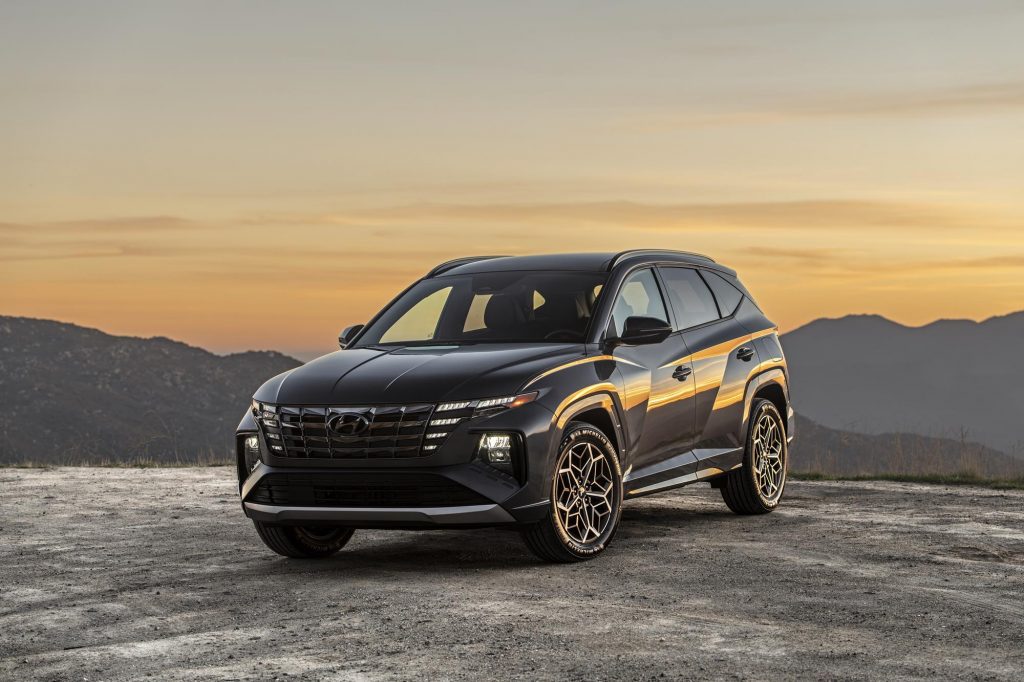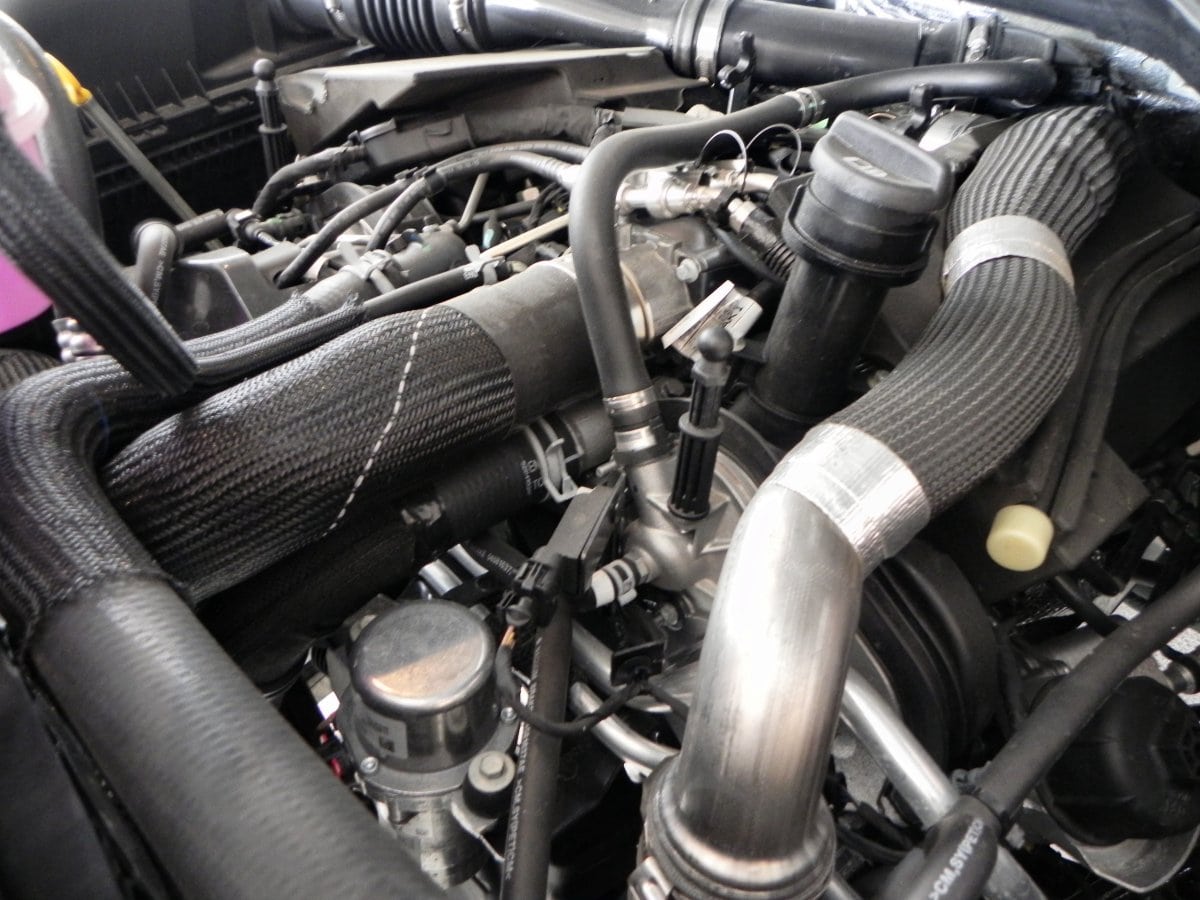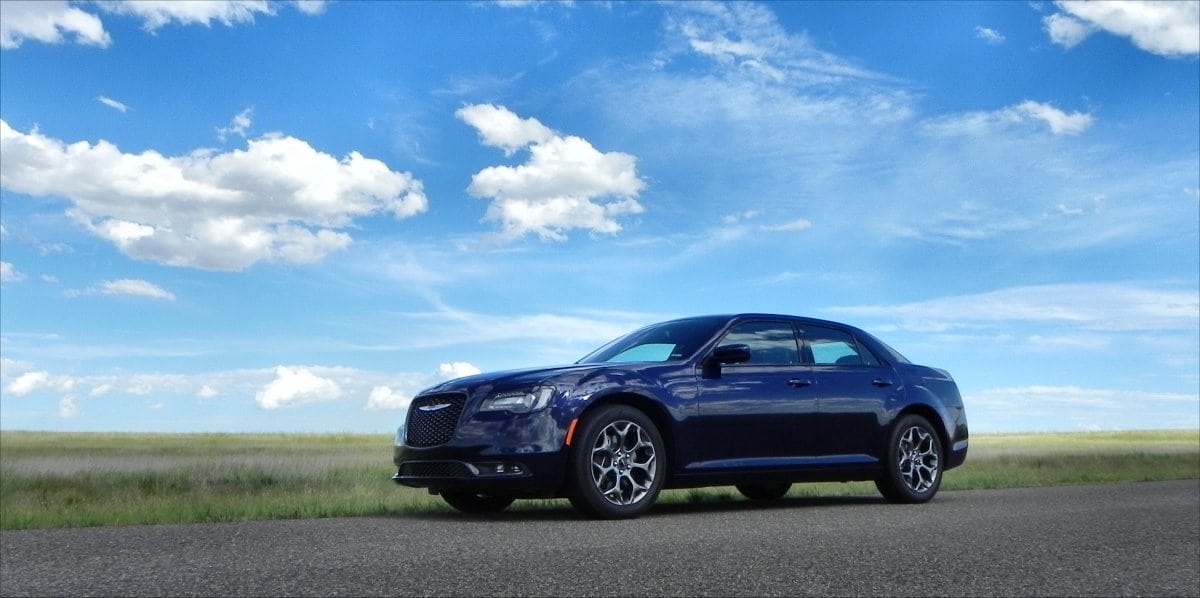Buying a car is always an exciting process whether it is your first or your tenth car. While it is exciting, it is also very confusing considering the countless different models and brands that are available today. To add to the confusion, car manufacturers have also introduced a number of new varieties of cars such as compact SUVs, hybrid all-purpose vehicles, and higher-end luxury variants of traditional work vehicles.
For instance, if you are in the market for a new jeep, you might consider the tried and tested jeep Cherokee, but in a similar price range, you could also get a Jeep Trackhawk with all-wheel drive and over 700BHP.
So to keep things simple and to help you shortlist the right vehicle for your job, here are a few things you should consider.
1. Price
In the past buying, a car was a reasonable investment for most people. The average car would cost what an average person made in a year, and the options were largely limited by price. Today, there are way more options in terms of price, there are a healthy second-hand car market offering even more economical options, and certain car types such as Kei cars offer high-end features on a modest budget. Set aside a specific amount that you would be comfortable in spending on a vehicle and then look for something in that price range.
2. Purpose
Most people would love to own a convertible, or a fully modified track vehicle, or even a super-luxury sedan, but you have to be realistic about what you are actually using that vehicle for. Even if you could afford a vintage vehicle, it wouldn’t be ideal if you are traveling long distances on a regular basis and reliability is a requirement. Similarly, trucks have been a necessity for people lately, and if you need a work truck then this Nissan Armada towing capacity resource is a must-read to get an idea of what kind of vehicle can do the job for you. You could also choose a vehicle with a high towing capacity if you plan on taking a long family trip with an added-on camper or even just an extra storage carrier. While SUVs are usually the best option for towing, you can also find a number of sedans that can help you in this regard.
3. Condition
Some people can save a lot of money on their car purchase by going for a slightly used car and then carrying out repair work on their own to bring it to near-new condition. Repairing a car doesn’t require you to have a mechanical engineering degree. However, a simple repair is significantly different from a complete overhaul. If it is just in poor condition in terms of bodywork, this is not a big issue. If, on the other hand, you find that the vehicle has serious mechanical problems, this might end up costing more than just buying a better car. Have an expert inspect the vehicle and evaluate the condition for you.
4. Style
Even within a certain price bracket and vehicle type, there are quite a few styles that you can choose from. If you are selecting a brand new vehicle, you are going to have a lot of factory options to choose from but even if you are in the used car market, you can find a lot of vehicles with similar features. If nothing works out, you can always get aftermarket add-ons to do the job.
5. Fuel
With electric vehicles being the hype these days, people are paying a lot of attention to fuel options. You also have to consider that the latest diesel vehicles, with twin, triple, or even quad-turbo setups actually offer much higher mileage than petrol variants. Electric vehicles have their own drawbacks but if you live in an area where you can get the right experts for it, it’s also a great choice for both power and economy.
6. Resale
For both new and used vehicles, resale is usually a consideration for most buyers. It’s a good idea to check the used vehicles in your market to get an idea of what a vehicle similar to your specifications will likely sell for in the future. This might also help you choose a car with better resale.
People buy cars for all kinds of purposes, whether that is racing, off-roading, or just daily driving. Though the thing that remains constant with all of them is maintenance. You want to consider what the maintenance cost for your vehicle is, what a regular service might cost, and also the price and availability of spares. This will give you a better idea of the long-run expenses for a certain vehicle.








